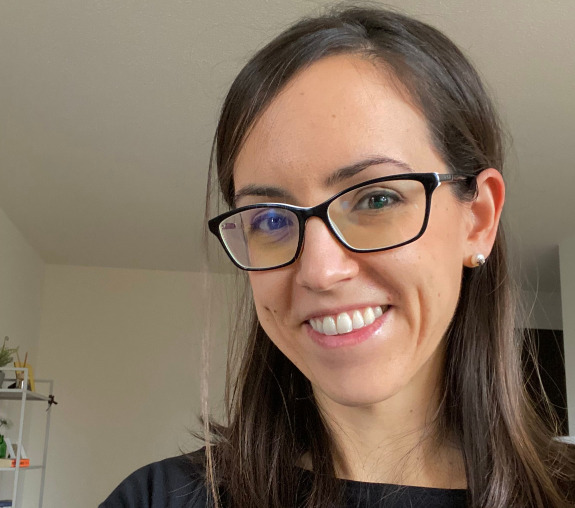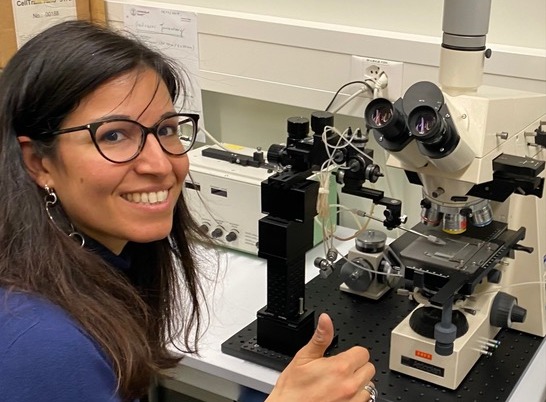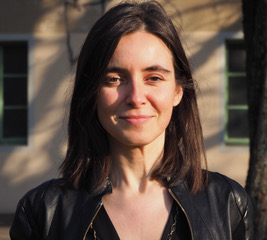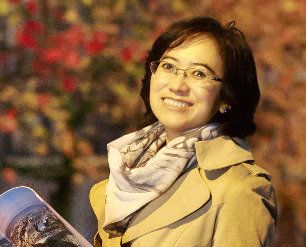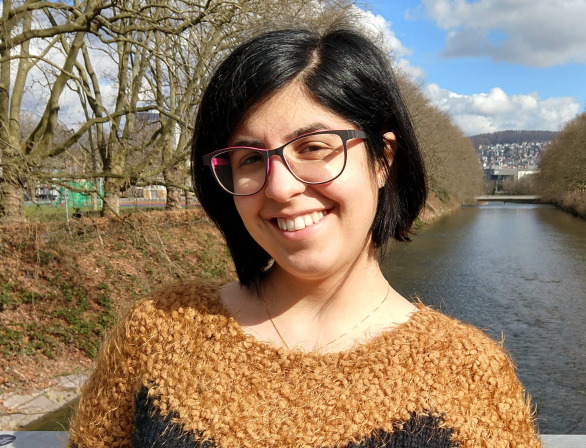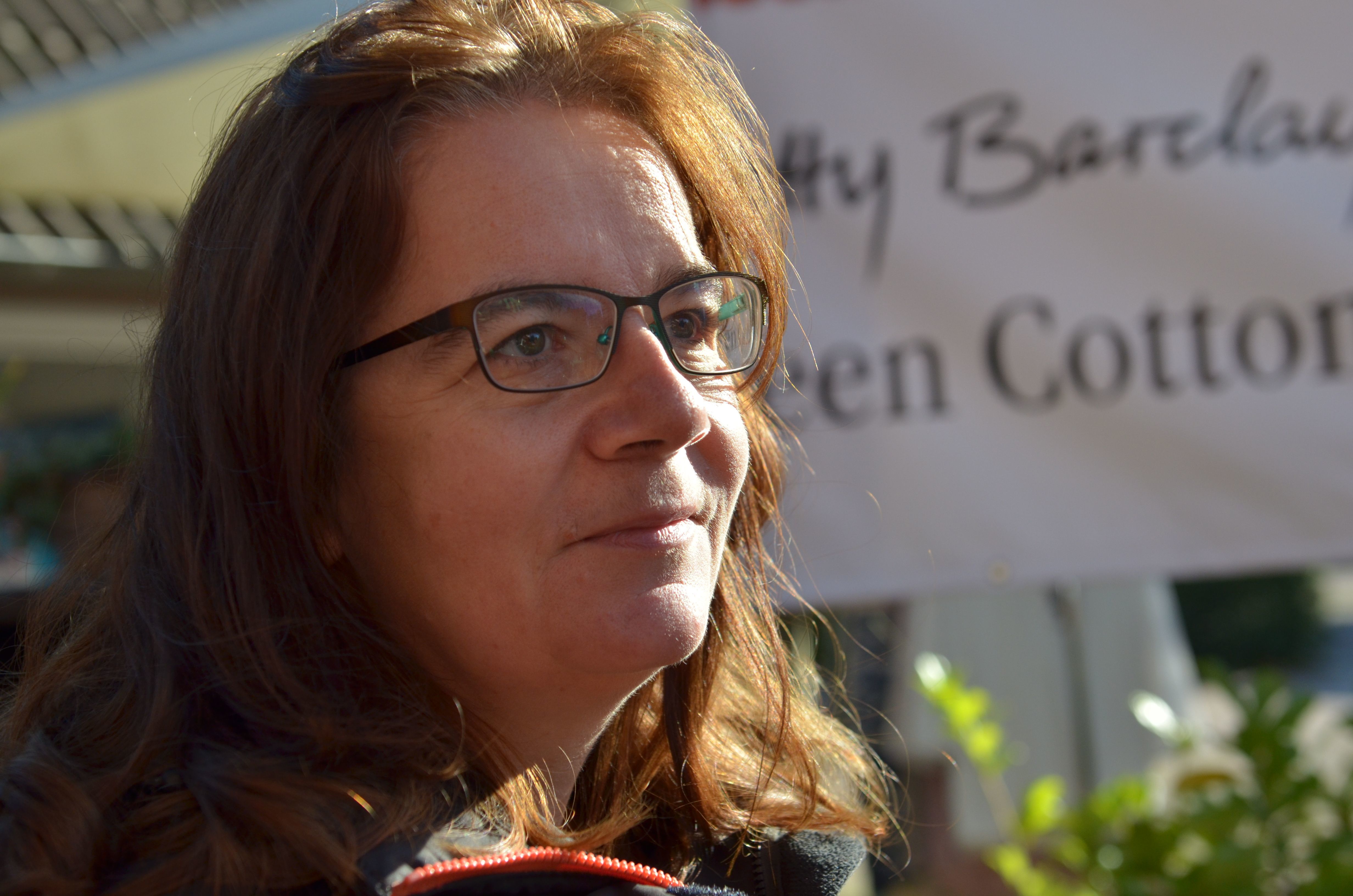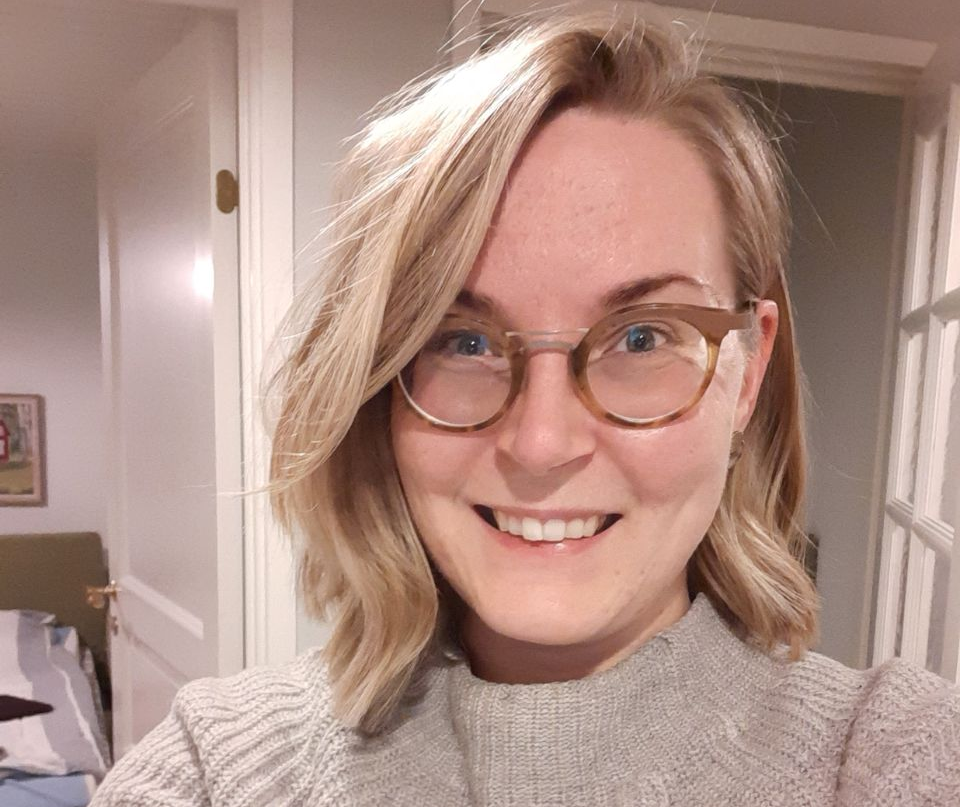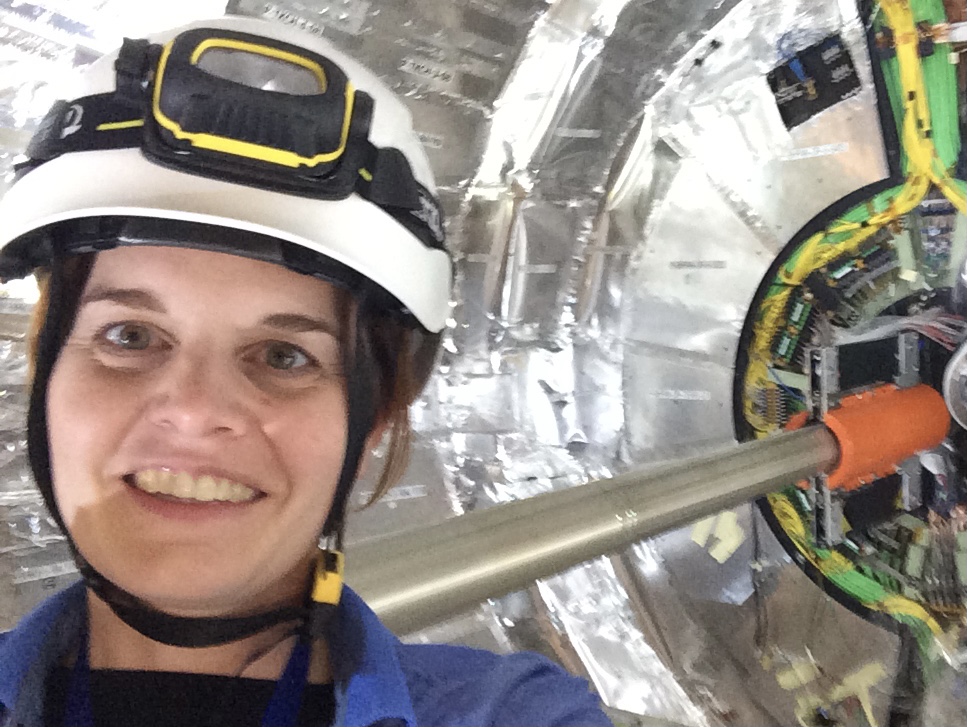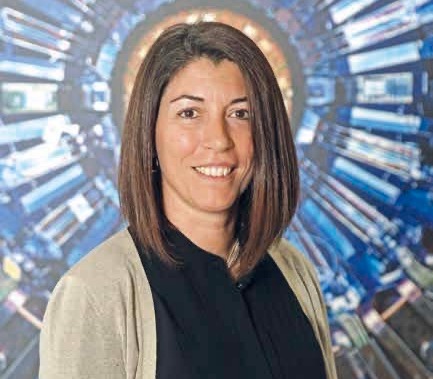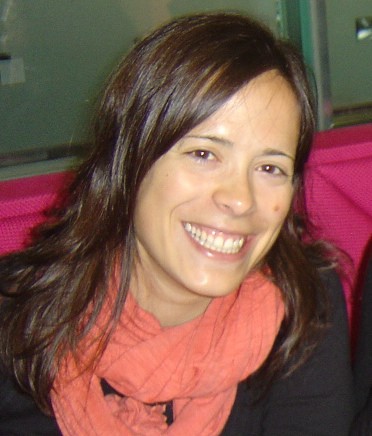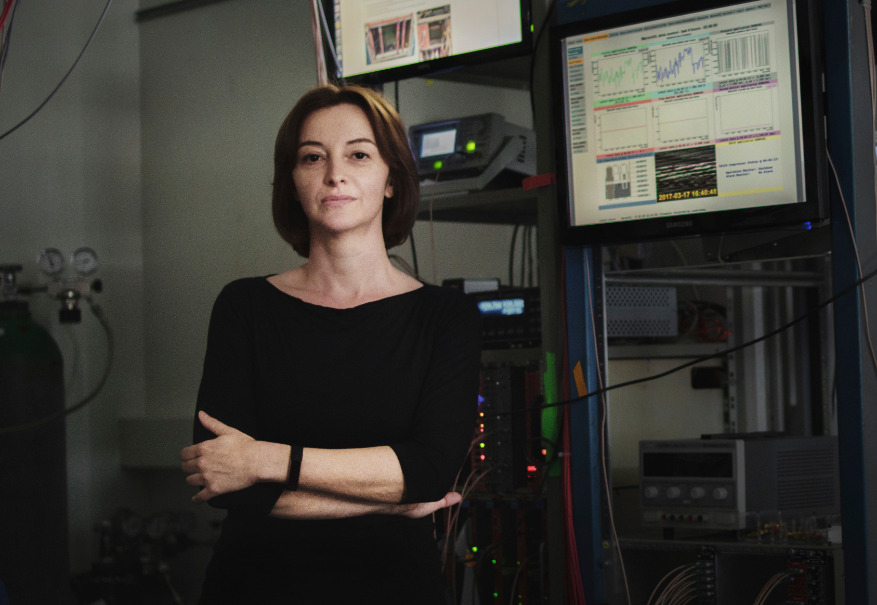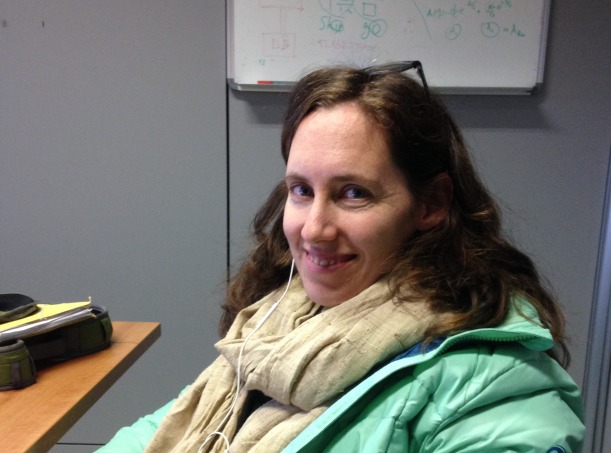Internationaler Tag der Frauen und Mädchen in der Wissenschaft - 11. Februar 2021
Im Rahmen des Internationalen Tages der Frauen und Mädchen in der Wissenschaft 2021 am 11. Februar stellen wir Forscherinnen am Physik-Institut der Universität Zürich vor:
|
Patricia Sanchez-Lucas, Postdoc "What I like most about being a scientist is that I can work with people from all around the world"
Lara Selvaggi, Senior Scientist "My enthusiasm for research is focused in the filed of mechanobiology. I built and patented a device to measure forces, in-vivo, during tissue closure events. I love Physics since it is connected to our daily life and, as a former dancer, I linked it to Ballet publishing a romance and joining "Dance&Physics” events as invited speaker." www.danceandphysics.com www.caarma.info
Cristina Botta, Professor "As an experimental particle physicist, I have the honour and pleasure to devote my daily research activities to the goal of testing the fundamental laws of nature. I was involved in the discovery of the Higgs Boson with the CMS experiment at the LHC: it has been an exceptional experience, which I shared with amazing women scientists from all over the world!"
|
Huanyao Cun, Senior Scientist "As a surface physicist, I am excited to see the world at the nanometer scale. To see an atom is more than thousand words about an atom." www.swissbn.ch
"I work as a particle physicist at the LHCb experiment at CERN. What I like about this job is that it can be challenging, but it is also very exciting: you are always learning new things and you can never get bored."
Katharina Müller, Senior Scientist
"I am a particle physicist working at the LHCb experiment at CERN - fascinated by how physics can find answers from the smallest to the largest scales." Jaana Heikkilae, Postdoc "I am thrilled about being a particle physicist, as it is a unique opportunity to challenge myself daily while uncovering the secrets of the universe. |
Lea Caminada, Professor "As an experimental particle physicist I explore the energy frontier by studying particle collisions at the CERN LHC with the CMS experiment. Doing this research I am excited to learn more about the basic building blocks of our universe."
Florencia Canelli, Professor "My research consists of studying the structure of matter, energy, space and time at the highest energies possible to understand the fundamental nature of our universe. My current research is the CMS experiment at the Large Hadron Collider at CERN."
Marta Gibert, Professor "I am an experimentalist condensed matter physicist investigating the properties of oxide layered structures that we grow in our lab. I enjoy finding out how these materials behave as we make them smaller and smaller - sometimes completely new properties appear! |
Anna Macchiolo, Senior Scientist 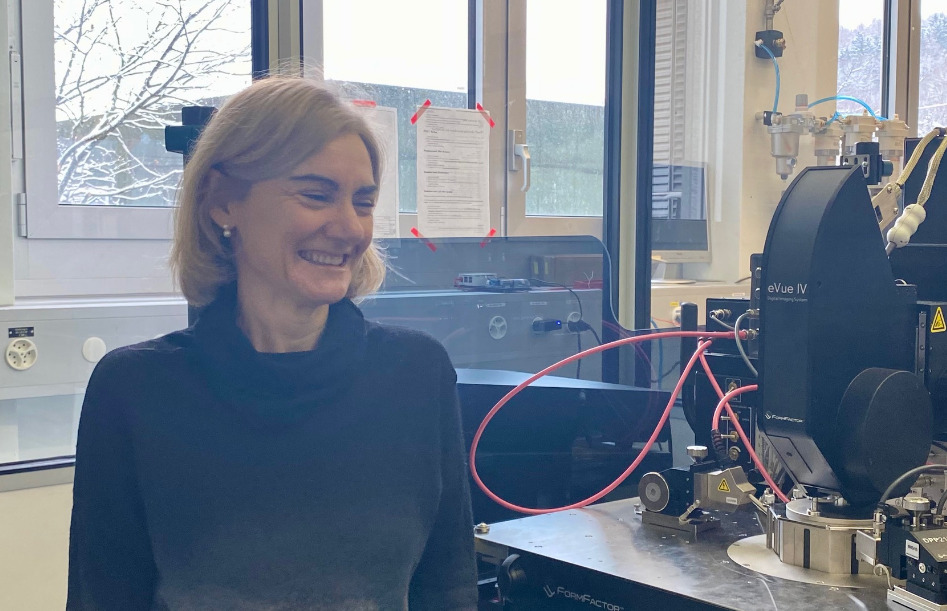
"Working at the technology frontier, imagining new detectors to enable our research, solving problems with people from all over the world."
Laura Baudis, Professor
"My research aim is to reveal the fundamental nature of dark matter. I am happy to see many young, brilliant women in astroparticle physics. Nonetheless, the gender imbalance in our field remains profound, and we must work hard to remove the barriers that prevent a large fraction of society from participating in our exciting discipline.”
Michelle Galloway, Senior Scientist "Astrophysics probes the boundaries of our understanding about the natural world and our place in the Universe. I love exploring these edges, in particular, working with intense focus and precision, then enjoying the expansion that follows." |
Laut dem UNESCO-Institut für Statistik liegt der weltweite Frauenanteil in Forschung und Entwicklung bei unter 30 Prozent. In den meisten Ländern ist man in den sogenannten MINT-Fächern (Mathematik, Informatik, Naturwissenschaften und Technik) auf allen Ebenen des Bildungssystems von einer Gleichstellung der Geschlechter noch weit entfernt. Um auf dieses Ungleichverhältnis zwischen den Geschlechtern hinzuweisen und Bewusstsein zu schaffen wurde von den Vereinten Nationen der Internationale Tag der Frauen und Mädchen in der Wissenschaft ins Leben gerufen.
